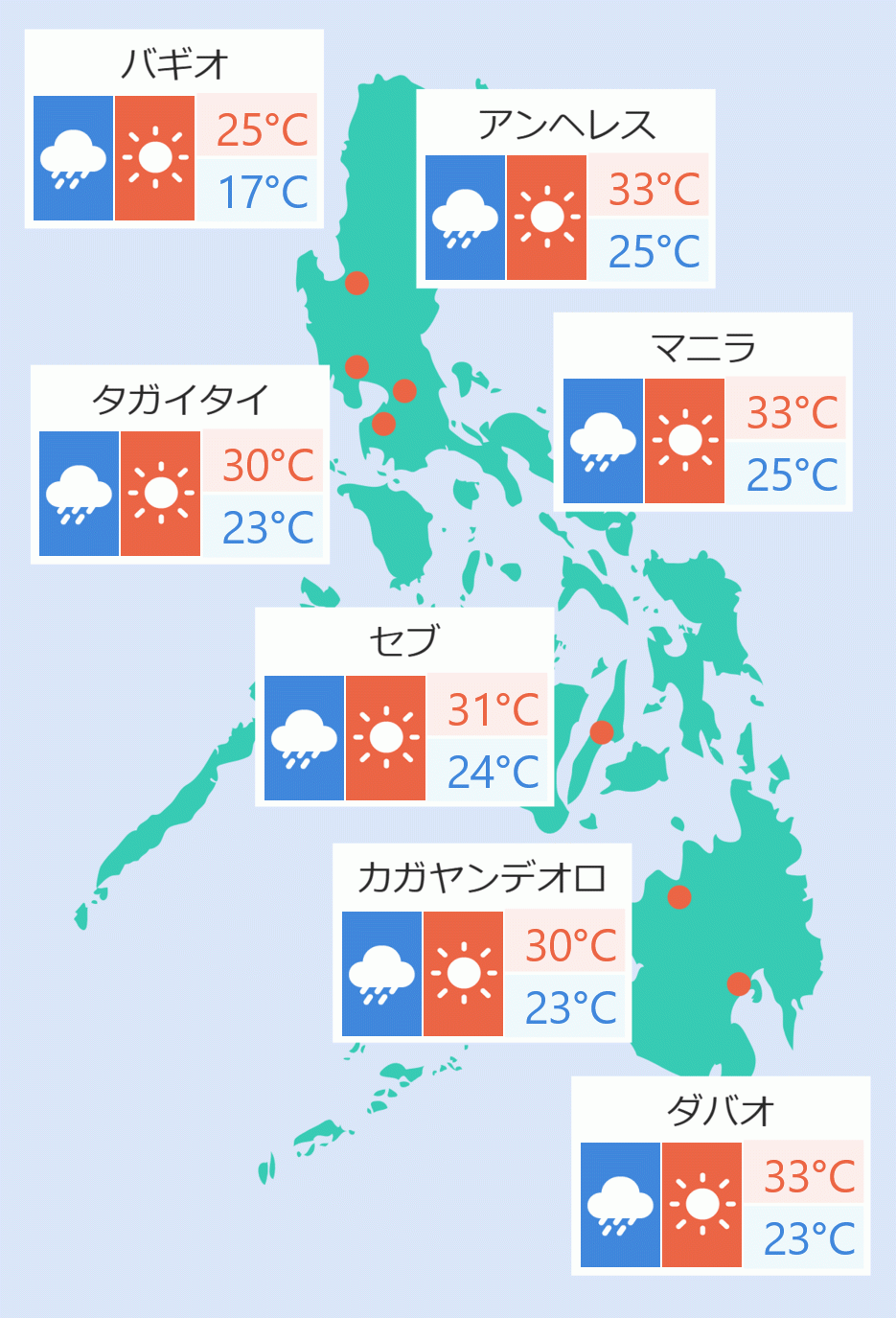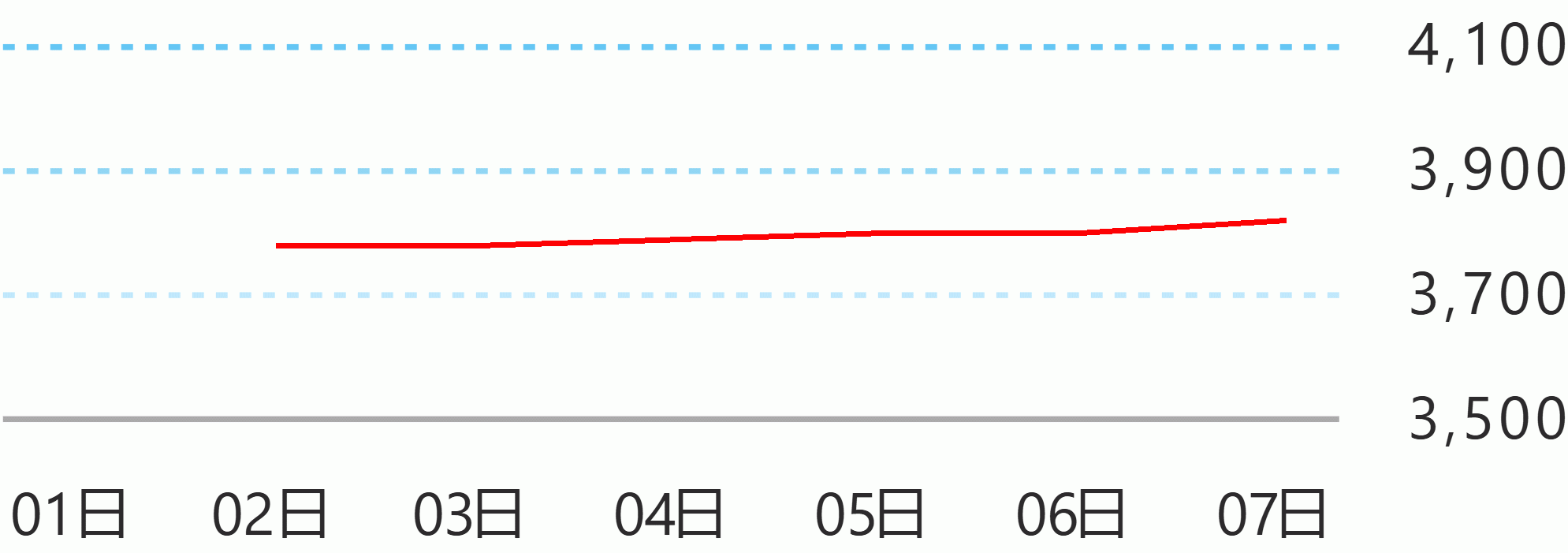The ratification of the Regional Comprehensive Economic Partnership Agreement (RCEP) is needed to boost the economy in parallel with initiatives for a more productive and competitive Philippine agriculture sector, the National Economic and Development Authority (NEDA) and Department of Trade and Industry (DTI) said.
In a briefing conducted by DTI and NEDA on Monday in the Senate of the Philippines, Trade Secretary Ramon Lopez and Socioeconomic Planning Secretary Karl Kendrick Chua urged legislators to ratify the RCEP agreement this week, given its urgency and substantial benefits to the country.
The briefing was attended by members of the senate and by Committee on Foreign Relations Chairperson, Senator Aquilino Pimentel, as well as Senator Sherwin Gatchalian, who both stressed the importance of understanding the impact of RCEP, especially on the agriculture sector, in their opening remarks.
Acknowledging the sector’s concerns, the secretaries explained the larger benefits that the agriculture sector and the entire country can reap if the Philippines joins the agreement.
Lopez and Chua assured that the administration’s top priority is still to help the agriculture sector be competitive and productive in parallel to pursuing the RCEP agreement.
“We will help the agriculture sector be competitive and productive because that is the foundation of our structural transformation to become a prosperous country. But not at the expense of all the other sectors that also need our support. So, what we propose is to do things in parallel: ratify the RCEP but also help the agriculture sector become more competitive,” said Chua.
“Our tariffs under the ASEAN FTAs are already low and under RCEP only 33 tariff lines were further liberalized. Thus, in weighing the cost and benefits of our participation in this Agreement we should look at it from a holistic point of view. Will this be beneficial to the whole economy? It includes trade facilitation rules, liberal rules of origin, e-commerce, competition, and IP protection commitments, support for SME development, as well as opening up of trade services. These other elements are as important as tariff liberalization because they provide stability in the business environment. Our participation in this mega trade deal will further support the country’s economic development” said Lopez.
The RCEP is a free-trade agreement among the ten members of the Association of Southeast Asian Nations (ASEAN), along with China, Japan, South Korea, Australia, and New Zealand.
This covers roughly 50.4 percent of the Philippines’ export markets, 67.3 percent of the country’s import sources, and a source of 58 percent of foreign direct investments (FDI).
Joining RCEP will preserve the current preferential rates for 98.1 percent of tariff lines, which corresponds to 228 commodities or $16.9 billion of imports. Only 15 agricultural commodities representing 33 tariff lines will see lower tariff rates. They account for only 1.9 percent of total tariff lines and only 132 million dollars or 0.8 percent of total agricultural imports.
These commodities will be affected since RCEP preferential rates for these items will be generally lower than the most favored nation rate and lower than the ASEAN+1 rate after approximately 15 years.
Under the RCEP, the Philippines secured and preserved the majority of the tariff commitments vis-a-vis the ASEAN+1 FTAs, while at the same time bringing down import tariffs for key Philippine exports.
According to DTI, this is particularly important since a number of Philippine products will gain enhanced market access in terms of tariffs and rules of origin given the wider cumulative area under RCEP.
This includes canned tuna, coconut water, coffee, fruit cocktail, fresh papaya and durian, ignition wiring sets, leather goods, and bicycles.
Chua compared joining the RCEP to Filipino athletes competing and improving their skills through participating in international events such as the Olympics.
He underscored that foreign cooperation is the best way to benchmark the sector with other countries and enable the seamless transfer of expertise, which can eventually boost local production.
“We want to learn and be more competitive and the best way is not to be protectionist or inward-looking. It is to get into the global arena, compete and learn what the other countries are doing, and improve ourselves further,” said Chua
When asked during the briefing what it would mean for the Philippines if the ratification of the RCEP agreement is delayed, Lopez explained that we stand to lose opportunities to access key markets.
“RCEP is beyond liberalization. Because of the ASEAN and the ASEAN+1 FTAs, we already have a high rate of liberalization, we are already at 85 to 95 percent. Joining RCEP just means increasing it by three points more. Delaying RCEP means losing opportunities to bring our products to other countries with lower tariffs and losing these markets, as well as other opportunities opened by RCEP in areas such as services, investment, MSMEs, e-commerce, for Filipino services exporters and skilled professionals,” said Lopez.
“Investors may decide to establish in other countries that are part of RCEP like Malaysia and Thailand where they have better access to other export destinations opened up by the FTA. This is why this has been fully endorsed by President Duterte and the whole economic team - because we believe that RCEP is really good for the country to sustain the generation of jobs and investments resulting in prosperity for all,” he added. NEDA Public Affairs





 English
English









